by Nina Balmaceda
Presented for the Stott-Bediako Forum
In this presentation, Nina Balmaceda introduces the Word Made Flesh Methodology adopted by the Center for Reconciliation at the Duke Divinity School and applies it to examine the need to pursue reconciliation in the Americas. She engages in this discussion with the purpose of demonstrating that it is impossible to pursue reconciliation in the Americas unless we are willing to embrace a genuine commitment to work for holistic transformation beyond individual salvation.
This presentation questions some patterns of thinking that prevail among evangelicals across the Americas. In particular, the proposed approach to transformation and reconciliation confronts the tenets of prosperity theology and integrism that many times motivate Christian leaders to ally themselves to those who hold and even abuse economic and/or political power in their countries, instead of identifying themselves with the marginalized and the excluded. We are invited to consider the ministry of reconciliation as a calling to recognize new creation, embrace the disciplines of lament, repentance and forgiveness, and work for ongoing individual and systemic transformation in human relationships and with the rest of creation, as essential expressions of our Christian walk.
You can watch Nina Balmaceda’s presentation here and read the full transcript below.
View presentation:
Let’s affirm our unity as human beings, our equality as human beings, our character in our hard work, our common identity as human beings, and celebrate our cultural heritage, our ancestry, our language, and our cultural identity, as well, but not to discriminate against others, but to celebrate the great diversity that God has gifted this world with.
Nina Balmaceda

Go to the next page for the English transcript
The views and opinions expressed in this presentation are those of the presenter and do not necessarily reflect an official position of INFEMIT. We seek to foster reflection through conversation, and ask you to be respectful and constructive in your comments.
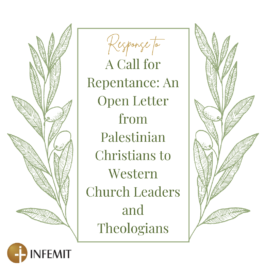
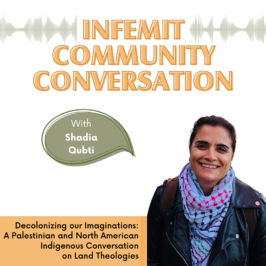
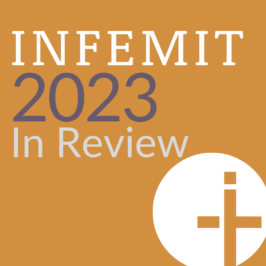
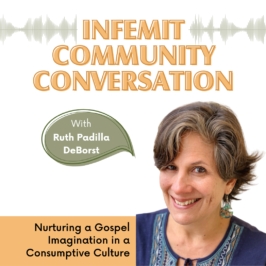

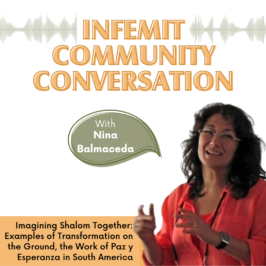
Leave a Reply